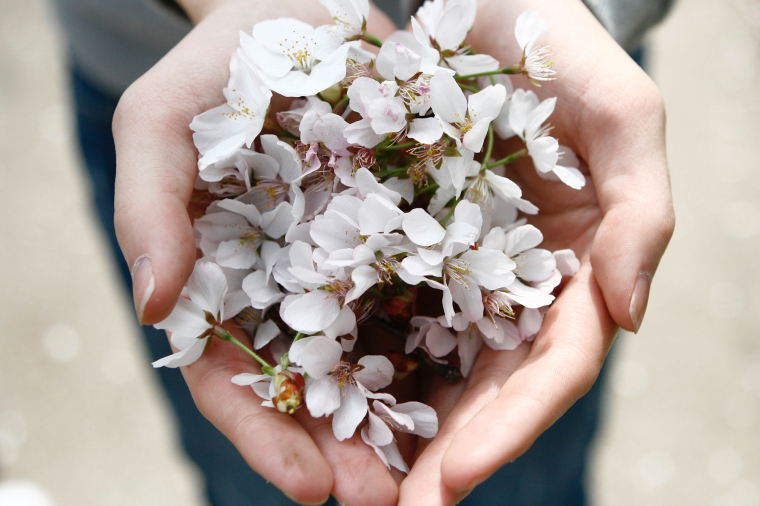
Has anyone else laboured over the idea of serving continually, without regard for oneself but doing it from a place of limited capacity? As much as that might sound extremely holy and righteous, centred on a what-Jesus-would-do attitude, that kind of spirit is different, to one that gives whole-heartedly.
This spirit I'm talking about is the Joyce Meyer kind of approval-addiction heart. The type of heart of a Christian so aware how wrong they got it, before knowing Jesus, that in their huge character u-turn, now overshoot the mark (over compensate).
And that may well be past the point where the reverse button doesn't work properly any more. We are stranded in a place and committed so deeply that guilt reproaches us when we try to protect ourselves and pull out of commitment to others. Or where our 'no' becomes a 'yes' as soon as someone asks us, and we change our mind instantly despite what we need. Not because we put others first in a righteous way, but because we still haven't determined the right balance between serving others and honouring ourselves.
We've taken the turn-the-cheek attitude as our life mantra to a point where we can't remember what it was like to honour ourselves.
Yet, this is not a servant attitude necessarily—it's because we still haven't worked out how to love and serve unconditionally, but watch for how we are doing spiritually.
If we are loving others but not refilling, then what use will we be? Our work, our friends, family—they all subconsciously reach down into the metaphorical hold-all bag we all carry around with us—the source of energy, drive, passion, resources and time.
I see some Christians manage this so well that their bag always seems to overflow. What is it about these Christians who seem to get the balance right? Perhaps they are the ones who learn to say no and sometimes disappoint, but they know what they need and aren't afraid to assert it.
Spiritual burnout
And this spiritual burn-out that can creep up on us—we so easily blame everything but ourselves—the church or work become the reason we have taken on too much. But preventing our burn-out is really up to our own judgement and understanding as to what we need: when to say no—which will then enable us to continue to serve in the long-run, rather than just satisfying someone's demands in the short term.
We can forget that Jesus retreated to a solitary place, avoiding the crowds that pursued him because he knew at that point what he needed. So then, when he was walking through towns among the people, he was fully engaged and present, able to bless because he knew that his servant heart was restored and rejuvenated.
And in our 21st century world, the Sabbath as an actual time in our week and as a concept has become redundant. The day God created for us to avoid burn-out has been discarded. The day of recuperation made so that when we serve, we can do it from a place of rest.
We don't need to say 'yes' to everything. But when we do bless others with our time, finances, words, it all comes from a full bag, not an empty one. Serving that is done out of "joy and freedom" rather than commitment and an inability to say no.
It may be an oldie but I want my 'yes' to be a 'yes' and my 'no' to be a 'no' and have discernment before those words leave my mouth. It's about remembering what God has done for us and so serving abundantly. But doing so from a place where we guard ourselves, we don't serve from a place of spiritual approval from God or from church.
Surely serving honours God when it's done out of a heart that wants to say 'yes', not because it can't say 'no'.

Amanda Robinson's previous articles may be viewed at www.pressserviceinternational.org/amanda-robinson.html